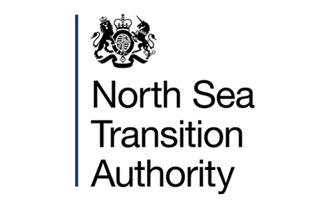
The North Sea Transition Authority (NSTA) is exploring decarbonisation strategies for the range of assets within the Southern North Sea (SNS). SNC Lavalin Atkins (“Atkins”) was commissioned by the NSTA to undertake a study to explore the application of renewable energy packages (REPs). The study considered Normally Unmanned Installations (NUIs) offshore and the potential to offset all or part of the platforms' power demand which is currently met by hydrocarbon fuelled sources.
The study objective was to:
- Explore proven technology to identify and present a suite of REPs that may be installed on a NUI; and which could contribute to decarbonisation of the SNS assets
- Identify proven operating envelopes for that technology
- Provide analysis to highlight key factors to be considered if the REPs are deployed in an offshore environment
- Identify key technical limitations of renewable energy package schemes for current operations and future applications
- Understand the technology in terms of upscaling to widen applicability to renewables offshore (current and future scalability based on emerging technologies)
- Indicative CAPEX and OPEX assessment
The report, which can be accessed below, demonstrates that REPs are a proven low-cost technology which could offer material carbon emission reductions. The study considered 35 SNS NUIs with power demands ranging from 20 KWp to 300KWp. Space availability impacts the power generation potential however there are a number of on-platform and off-platform solutions identified.


